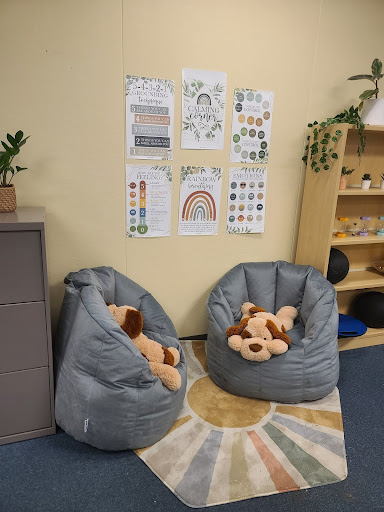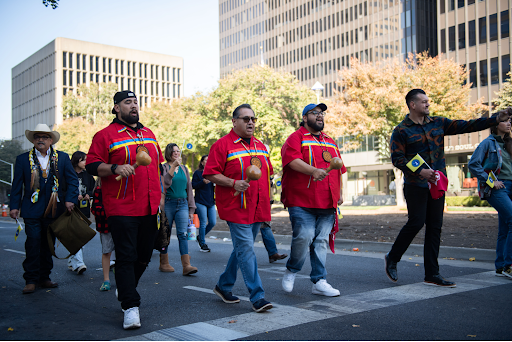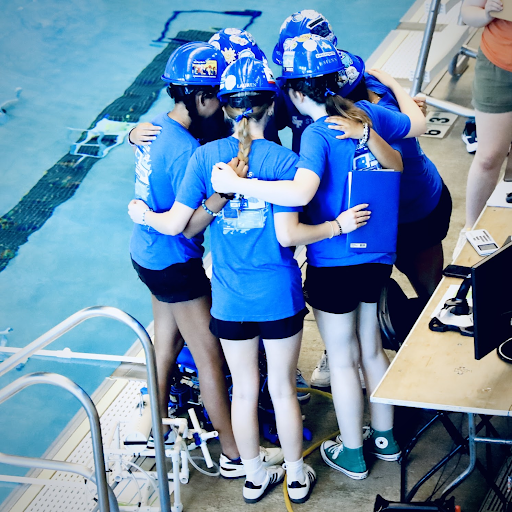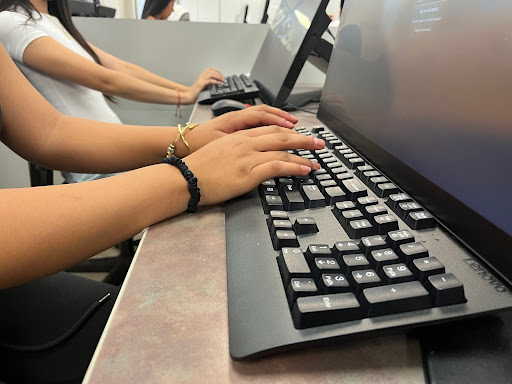In the heart of our bustling school community lies a hidden gem dedicated to a cause that touches us all – the mental well-being of students. Meet the Center of Wellness, a program operated by the Sacramento County Office of Education.
Heather McGowan, president of Sounding Board Marketing & Communications, said the program’s goal is “transforming school sites into places of support for student’s mental and emotional wellness …” That effort starts, she said, by bringing together “a team of both mental health clinicians, educators, the school administrators, and they have a call for a moment and decide what they need to work together to help students.”
All Sacramento County public school districts are supported by SCOE, which offers technical assistance, curriculum support, staff development, legal and financial advice, and oversight. Sounding Board provides communications services for SCOE.
The mental health support system is in place at over 30 school sites in Sacramento County. The Centers of Wellness initiative is a partnership between SCOE and Sacramento County Department of Health Services.
“Ultimately, we would love to see this available at all school sites in Sacramento County,” McGowan said.
Rather than families having to find mental health services resources for their children, especially if they might be in a crisis, the program helps pupils get that support at their school.
The care providers who work at the school have the opportunity to get to know every pupil there, McGowan said.
“At Ethel Baker Elementary School in Sacramento, I was talking with the mother of three students there and I was just asking her about what this approach does for (her) child,” McGowan said. “And so she was sharing with me that it was a case where (she) was going through a divorce and her son was showing signs of…separation anxiety. Now he’s in third grade. She said he has better coping mechanisms than a lot of adults. She said, ‘I wish I had had (a center of wellness) when I was in school.’ ”
Behind Closed Doors
At Ethel Baker’s wellness center, one room is devoted to therapy, “We have a clinician and two interns here,” Nathan McGill, Ethel Baker’s principal, said. “Throughout the day, kids will be in here either hanging out getting regulated or having a therapy session with Miss Elizabeth (a mental health and wellness clinician).”
There also is a meeting place for students in the back if they desire privacy. For example, there are many sensory items such as weighted animals that McGill said help “proprioception” – in other words, the sense that enables us to recognize the position, motion, and activity of body parts.
“Some people like the feeling of security or being weighed down,” McGill said.
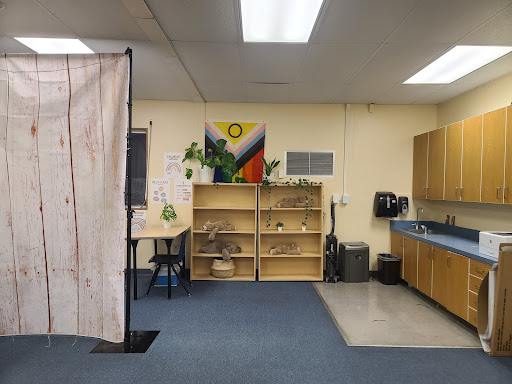
Next door to the therapy room is the second room of the Center of Wellness, where “we have the opportunities to color or do other mindful activities,” said McGill. “We try to keep this room as calming as possible.”
The second is “color or does other mindful activities,” Nathan McGill the principal of Ethel Baker said.
An intervention teacher is also available at the Center of Wellness throughout the day for art activities. Art is “one of the things that we tried to get (students) to do especially as we’re talking to them about feelings,” McGill said.
Teaching As A Gateway
Every classroom at Ethel Baker also has a “mindfulness corner,” with couches, where students can discuss their feelings.
According to McGill, the intention is to transform every classroom into a more comfortable area. “If you have a safe classroom, there will be fewer crises,” McGill added.
The wellness program also provides students with other mental health tools.
“We will suggest fidgets for students to be able to use in class if they want them and will buy them for the teachers,” McGill said. “We’re just trying to make sure that the mind is online and so learning can happen.”
A fidget spinner is a toy that consists of a ball in the center of a three-lobed flat structure with metal weights in the lobes, designed to spin around its central axis. The toy has been promoted as helping people who have trouble focusing, or those who may need to fidget to relieve nervous energy, anxiety, or stress.
In cases of more severe trauma at Ethel Baker, the principal and teachers feel they have a duty to make everyone comfortable.
“We also have a lot of community needs here,” McGill said. “We know that wellness and healing happen in the community, so we talk about opportunities for that as often as possible. When bad things are happening, it’s usually just because a student is not doing well for reasons outside of school.”
There’s a whole process that Ethel Baker goes through to refer a student to its Center of Wellness.
First, a specific concern is identified. Sometimes it’s an academic concern. Sometimes it’s attendance. Every week, (staff) will sit in the therapy room and go through all of the referrals (teachers sent in) before doing case management.
McGill calls the parents or a social worker when students get referred to the program. They then gain access to therapists, social workers, or other professionals to help address their mental health issues.
“It’s never a problem to find kids (to be served by the Center of Wellness),” McGill said. “It’s integrated into what we do.”

